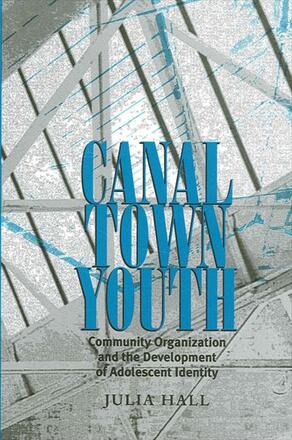
Canal Town Youth
Community Organization and the Development of Adolescent Identity
Alternative formats available from:
A poignant study of how a group of poor white urban youth find respite from poverty, violence, and racism in a local community center.
Description
This book considers how impoverished youth living in a deindustrialized urban neighborhood struggle to make sense of their lives in today's economy. Using participant observation and in-depth interviews with a group of eighteen white middle school girls and boys who walk each day from their multi-ethnic bilingual school to the historically white/Irish community center, the author discovered that the poor white youth are experiencing lives saturated with domestic violence and marked by a strong sense of racism. She also found that the youth position the community center as a space in which they feel a sense of safety, belonging, and importance. But upon closer examination, the community center can also be seen as a literal white "construction site," where the scaffolding that supports and sustains white supremacist ideology is produced and encouraged within children, within the neighborhood, across communities, and across generations.
Julia Hall teaches at Buffalo State College.
Reviews
"Unlike many school ethnographies, Hall interrogates the articulation between economic decline and racial and gender attitudes in the American 'rust belt' and Irish American community. She really brings home how one particular segment of the working class is ideologically trapped in a historically specific racial/gender backlash, thus highly susceptible to present-day right wing demagoguery. Her chilling discussions of the normalization of domestic violence are particularly powerful. " — Douglas E. Foley, coeditor of The Cultural Production of the Educated Person: Critical Ethnographies of Schooling and Local Practice